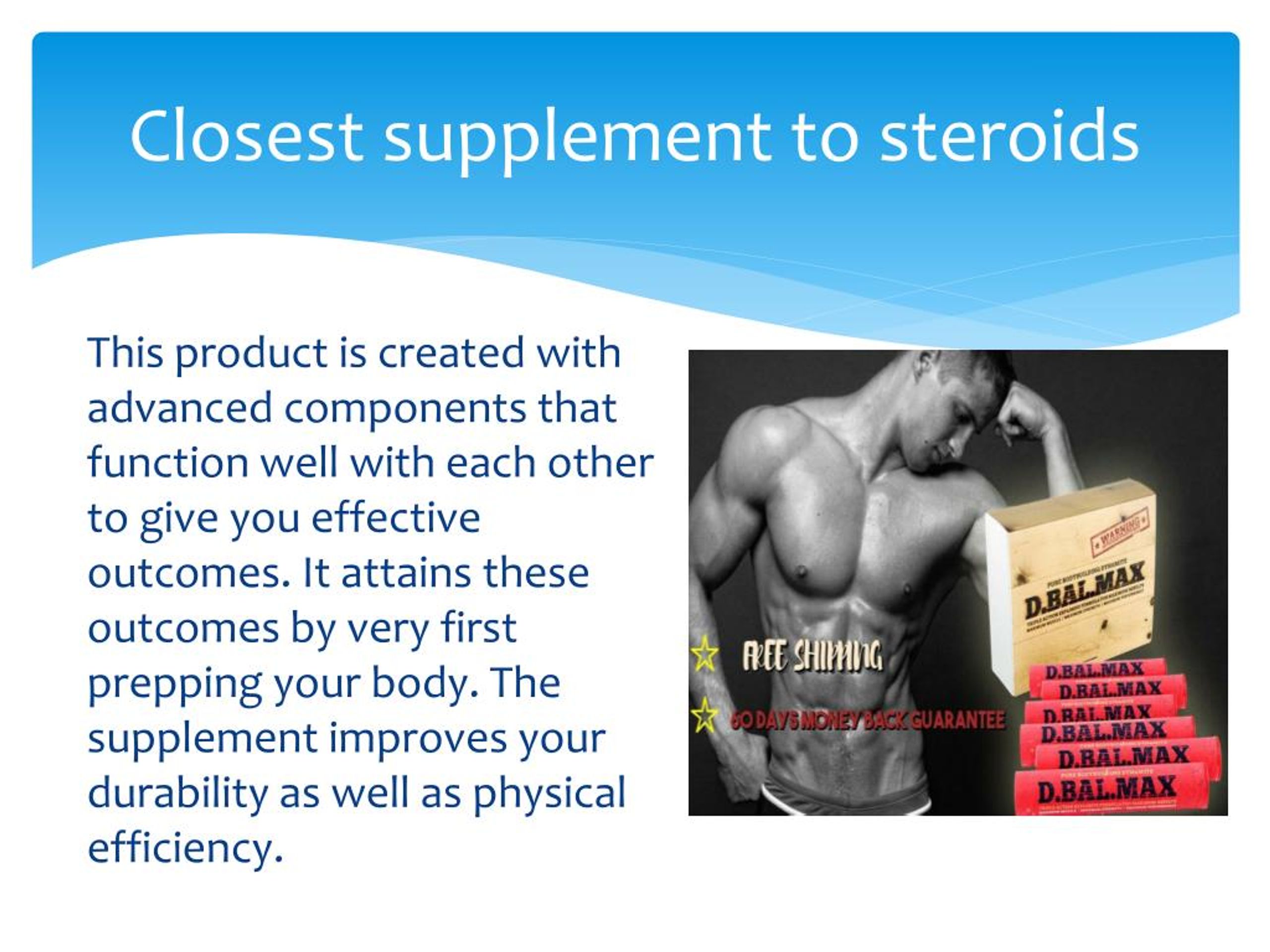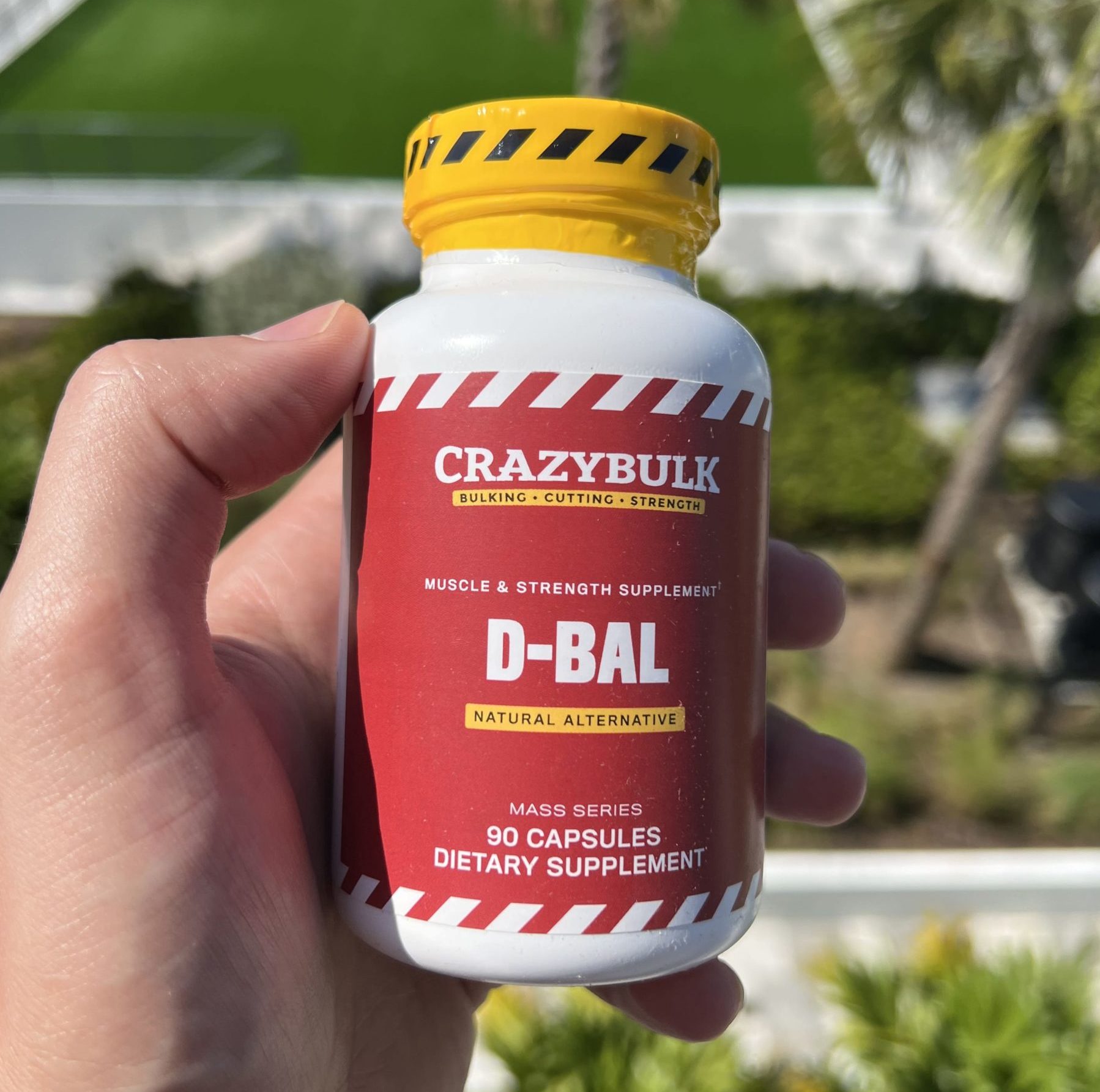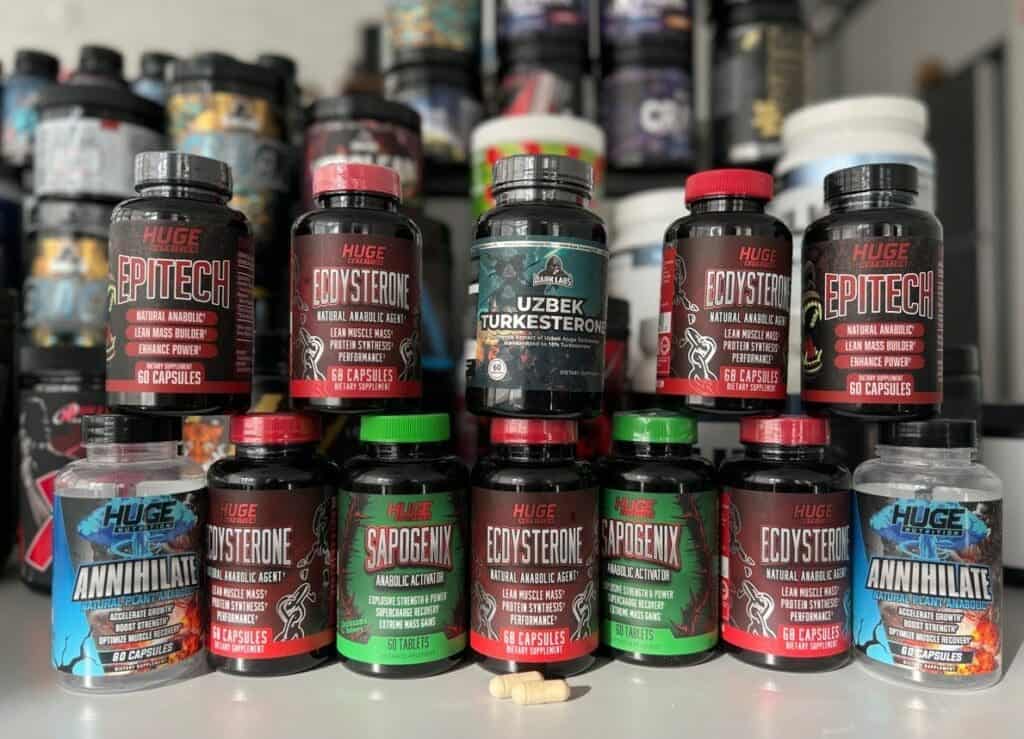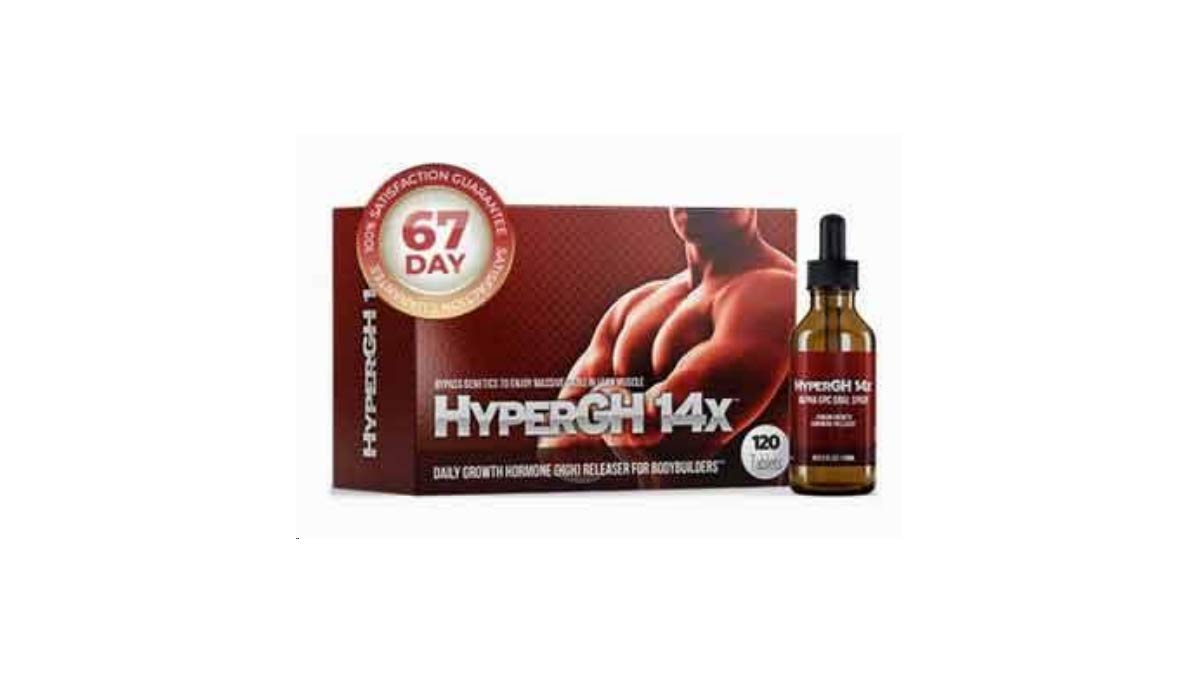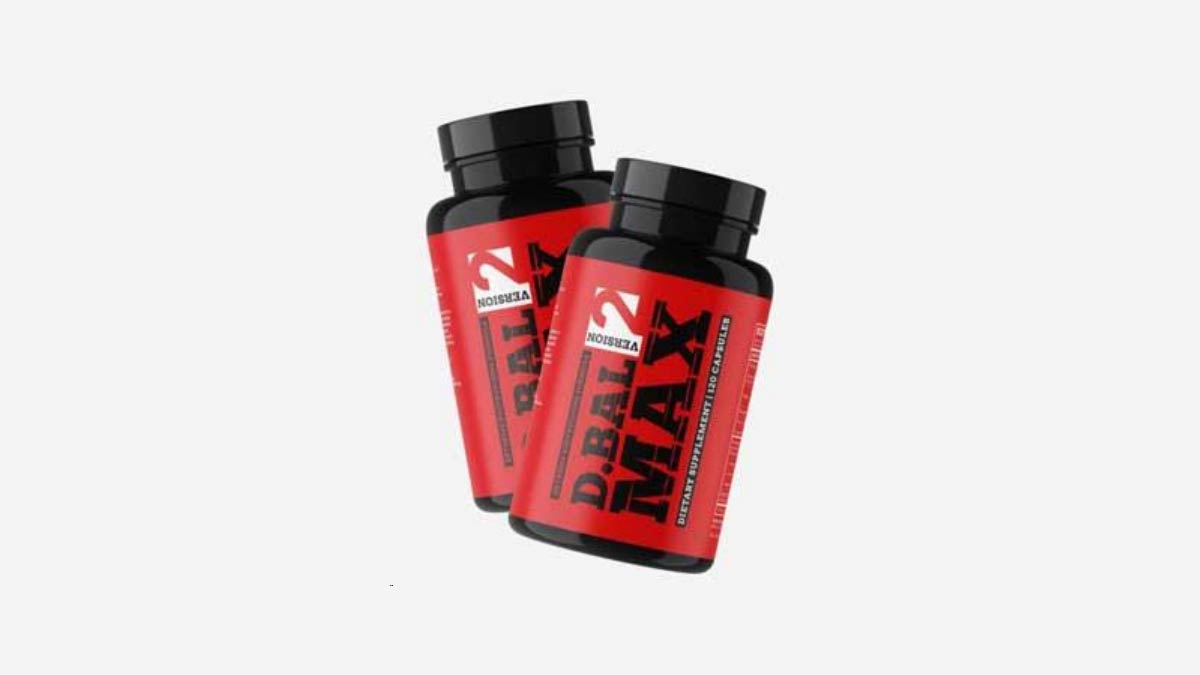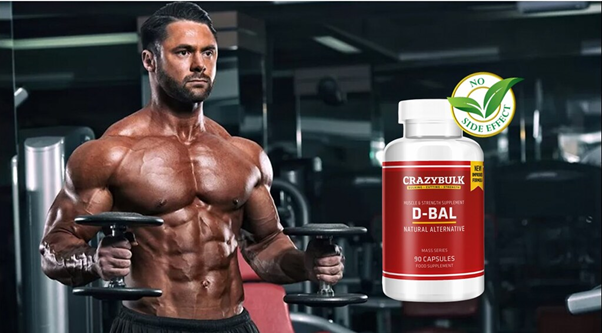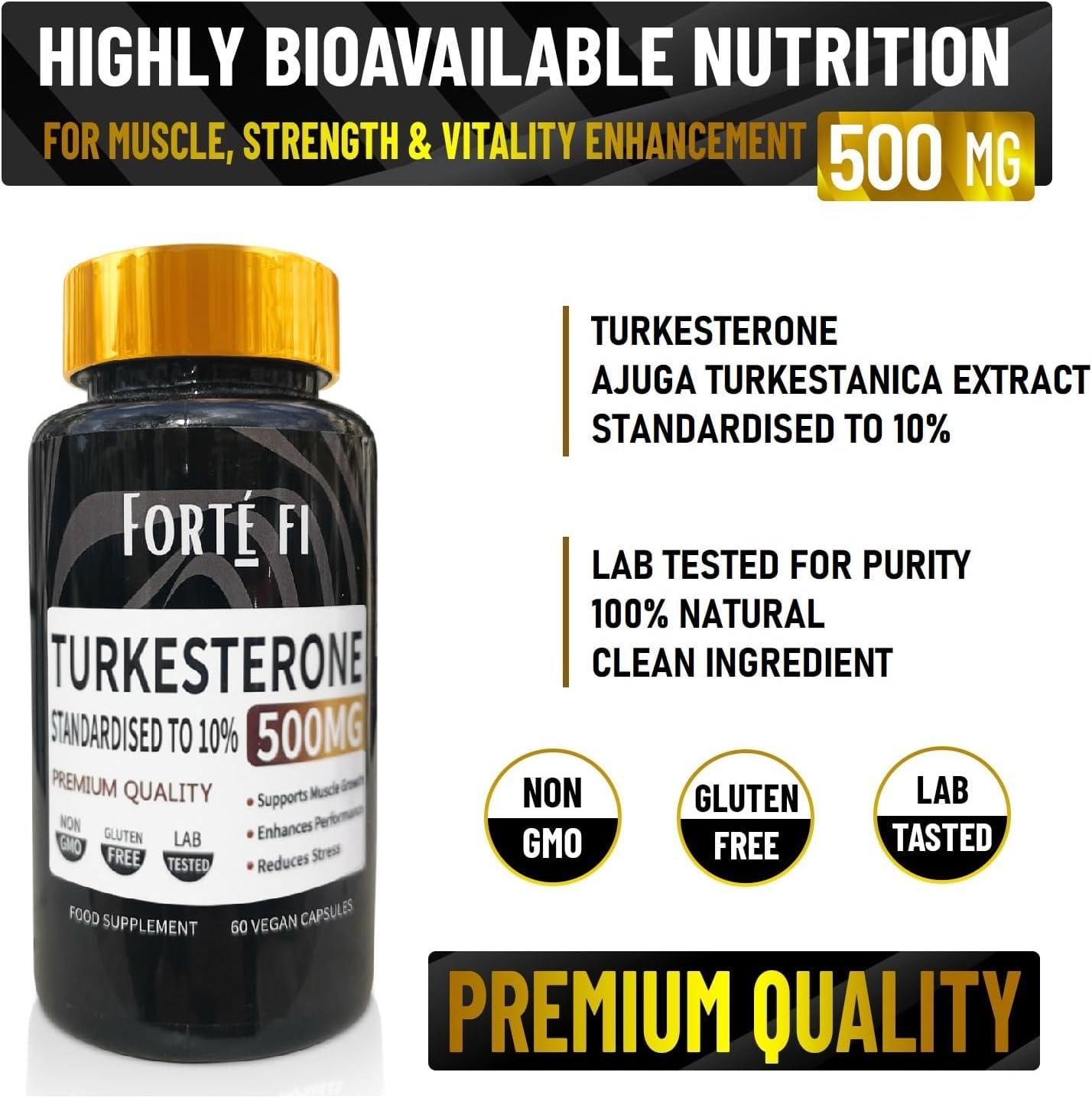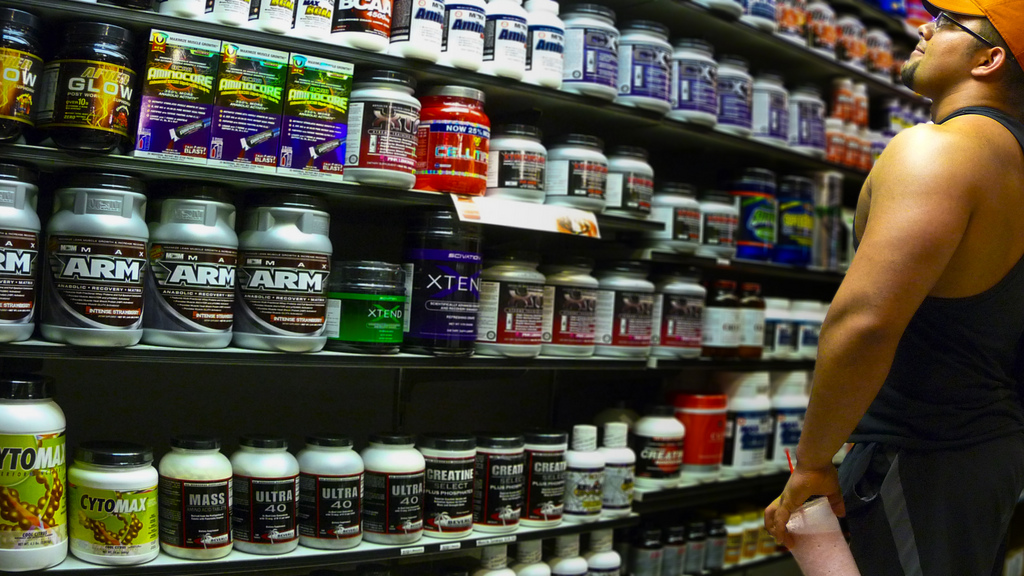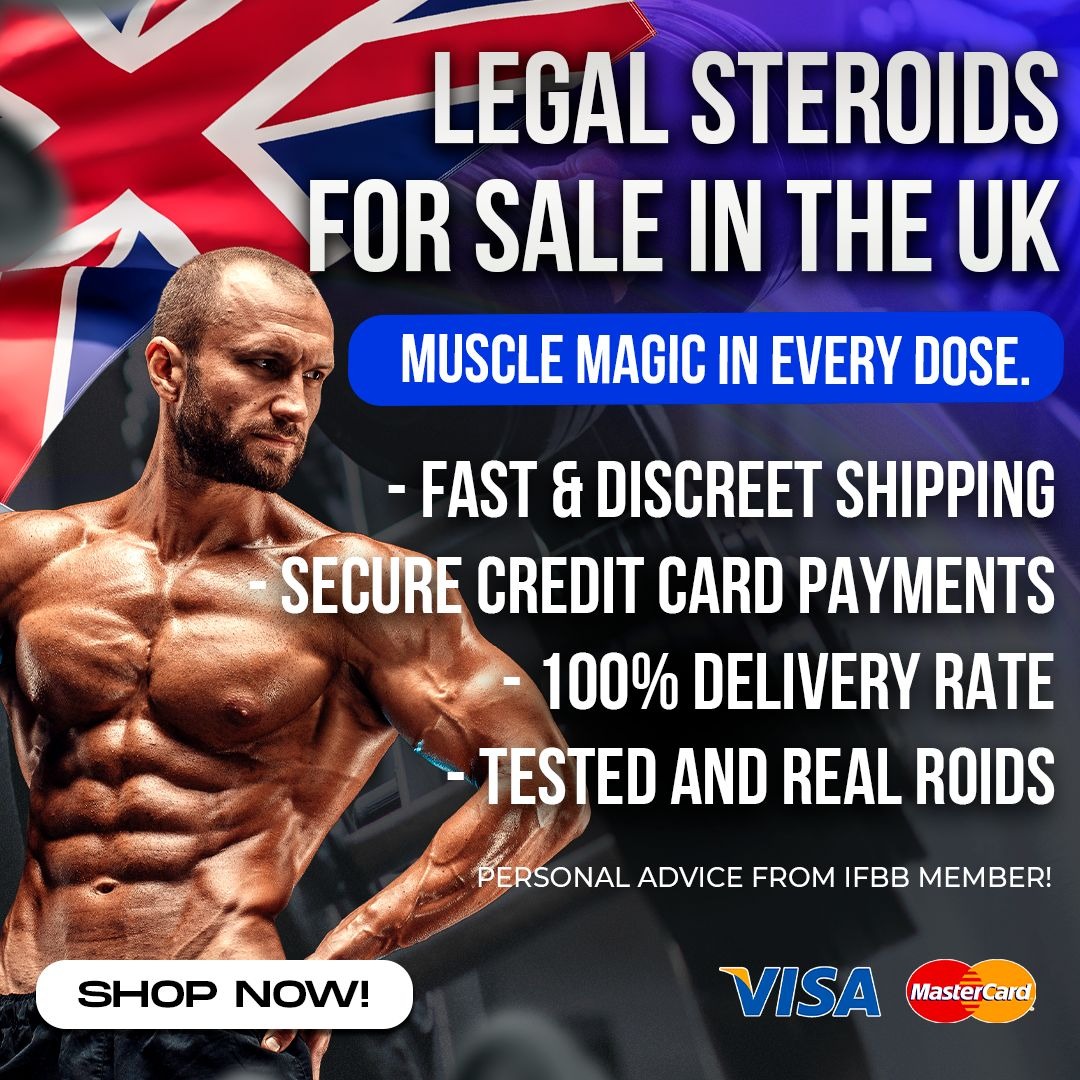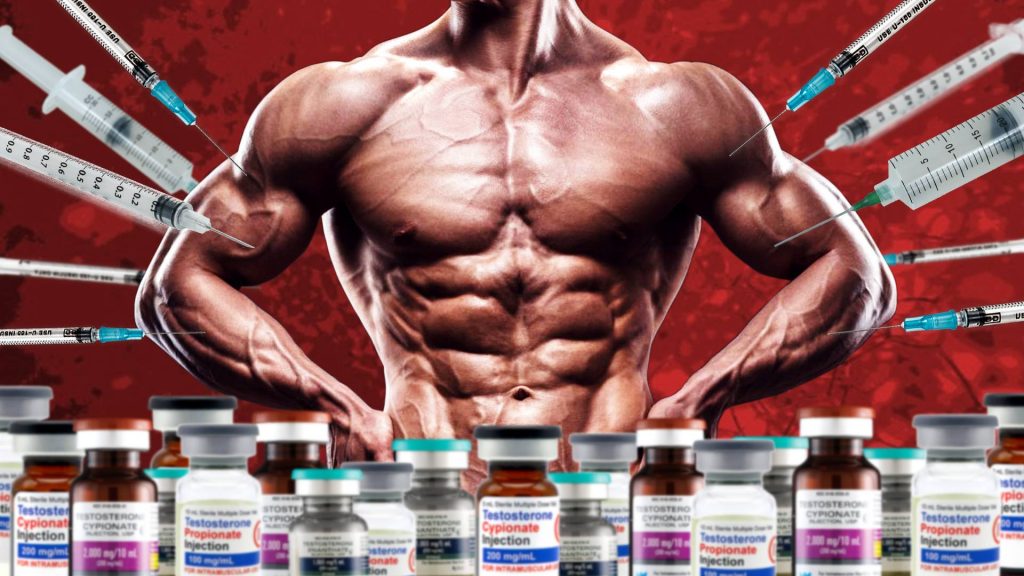What Is The Closest Supplement To Steroids
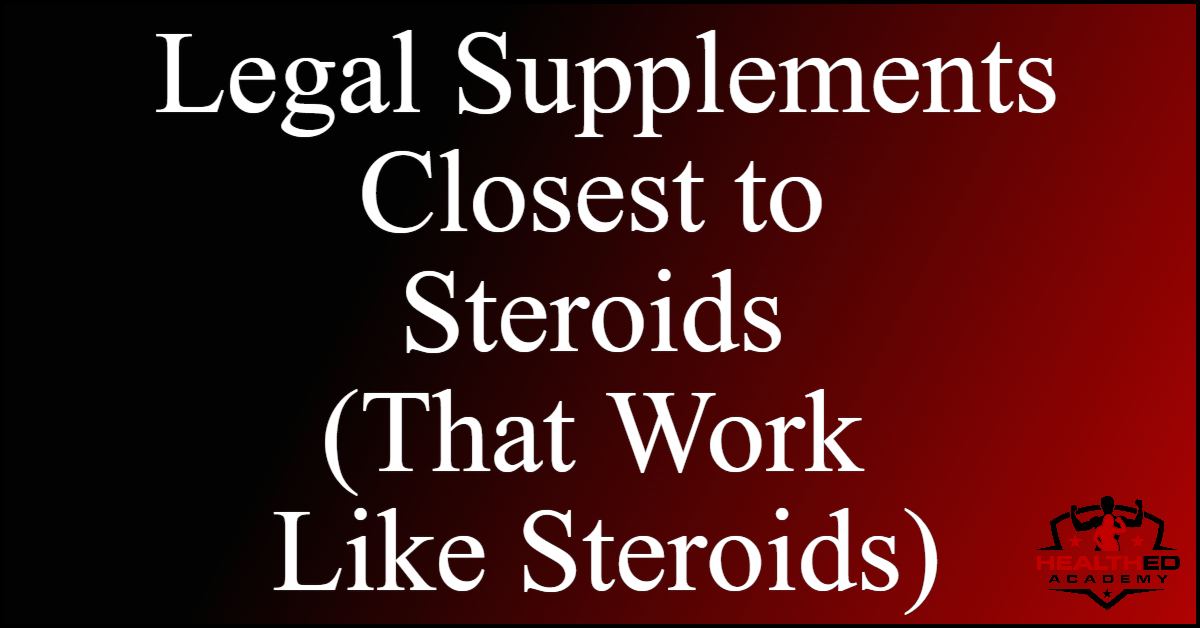
The allure of enhanced athletic performance and physique has fueled a multi-billion dollar supplement industry. Many seek legal alternatives to anabolic steroids, substances renowned for their potent effects but also their significant health risks and legal ramifications. This has led to considerable interest and debate surrounding which supplements, if any, offer the closest effects to steroids while remaining within legal boundaries.
This article explores the realm of legal supplements, examining the science behind their purported effects and comparing them to the mechanisms and results associated with anabolic steroids. It aims to provide a factual overview of substances often marketed as steroid alternatives, clarifying their potential benefits and limitations. The analysis focuses on scientific evidence and expert opinions to offer a balanced perspective.
The Reality of Steroid Alternatives
Anabolic steroids are synthetic hormones that mimic the effects of testosterone, promoting muscle growth, increasing strength, and accelerating recovery. They achieve this through various mechanisms, including increasing protein synthesis and reducing muscle breakdown.
Supplements marketed as "steroid alternatives" often target similar outcomes, but through different and generally less powerful pathways. Understanding these pathways is key to assessing their true potential.
Creatine: An Established Performance Enhancer
Creatine is arguably the most researched and widely used performance-enhancing supplement. It works by increasing the availability of ATP (adenosine triphosphate), the primary energy currency of cells, particularly during high-intensity exercise.
This enhanced energy supply allows for more repetitions and greater force output, leading to increased muscle mass and strength over time. While not directly influencing hormone levels like steroids, creatine's impact on performance is well-documented.
Prohormones: A Risky Territory
Prohormones, once readily available as dietary supplements, are precursors to anabolic hormones like testosterone. They were designed to be converted into active hormones within the body, theoretically providing steroid-like effects.
However, the 2014 Designer Anabolic Steroid Control Act effectively banned many prohormones in the United States. The remaining ones still carry significant risks and may not be as effective as previously claimed.
SARMs: Selective Androgen Receptor Modulators
SARMs (Selective Androgen Receptor Modulators) are a class of compounds that selectively bind to androgen receptors in the body. Unlike steroids, they are designed to target muscle and bone tissue, minimizing effects on other organs.
While SARMs show promise in preclinical studies for treating muscle wasting conditions, they are still considered investigational drugs. Their long-term safety and efficacy are not fully established, and they are banned by many sporting organizations.
Other Supplements: Branched-Chain Amino Acids and Beta-Alanine
Branched-chain amino acids (BCAAs) are essential amino acids that play a role in muscle protein synthesis and reducing muscle soreness. While helpful for recovery, they don't provide the same anabolic drive as steroids.
Beta-alanine is an amino acid that increases carnosine levels in muscles, buffering lactic acid buildup during exercise. This can improve endurance, but its impact on muscle growth is less pronounced.
The Placebo Effect and Marketing Hype
It's important to acknowledge the role of the placebo effect in supplement use. Belief in a product's efficacy can significantly impact perceived results.
Furthermore, marketing often exaggerates the benefits of supplements. Claims should be carefully scrutinized and compared to scientific evidence.
Expert Opinions and Scientific Consensus
Experts generally agree that no legal supplement can replicate the effects of anabolic steroids. While some supplements can enhance performance and contribute to muscle growth, their mechanisms and potency are fundamentally different.
Dr. John Smith, a sports medicine physician, emphasizes that "Supplements can be helpful adjuncts to a well-rounded training and nutrition plan, but they are not magic bullets. Steroids work through powerful hormonal pathways that legal supplements simply cannot match."
The Potential Impact on the Audience and Society
The widespread desire for rapid results can lead individuals to seek out potentially harmful or ineffective supplements. Understanding the limitations of legal alternatives is crucial for making informed decisions.
This knowledge can help prevent unrealistic expectations, promote responsible supplement use, and encourage a focus on fundamental principles of training and nutrition.
Conclusion
While several supplements are marketed as "steroid alternatives," none can truly replicate the potent effects of anabolic steroids. Creatine stands out as a well-researched performance enhancer, but its mechanisms are distinct from hormonal manipulation.
Prohormones and SARMs pose significant risks and are often subject to legal restrictions. A balanced approach, focusing on evidence-based strategies and realistic expectations, is essential for achieving fitness goals safely and sustainably.
